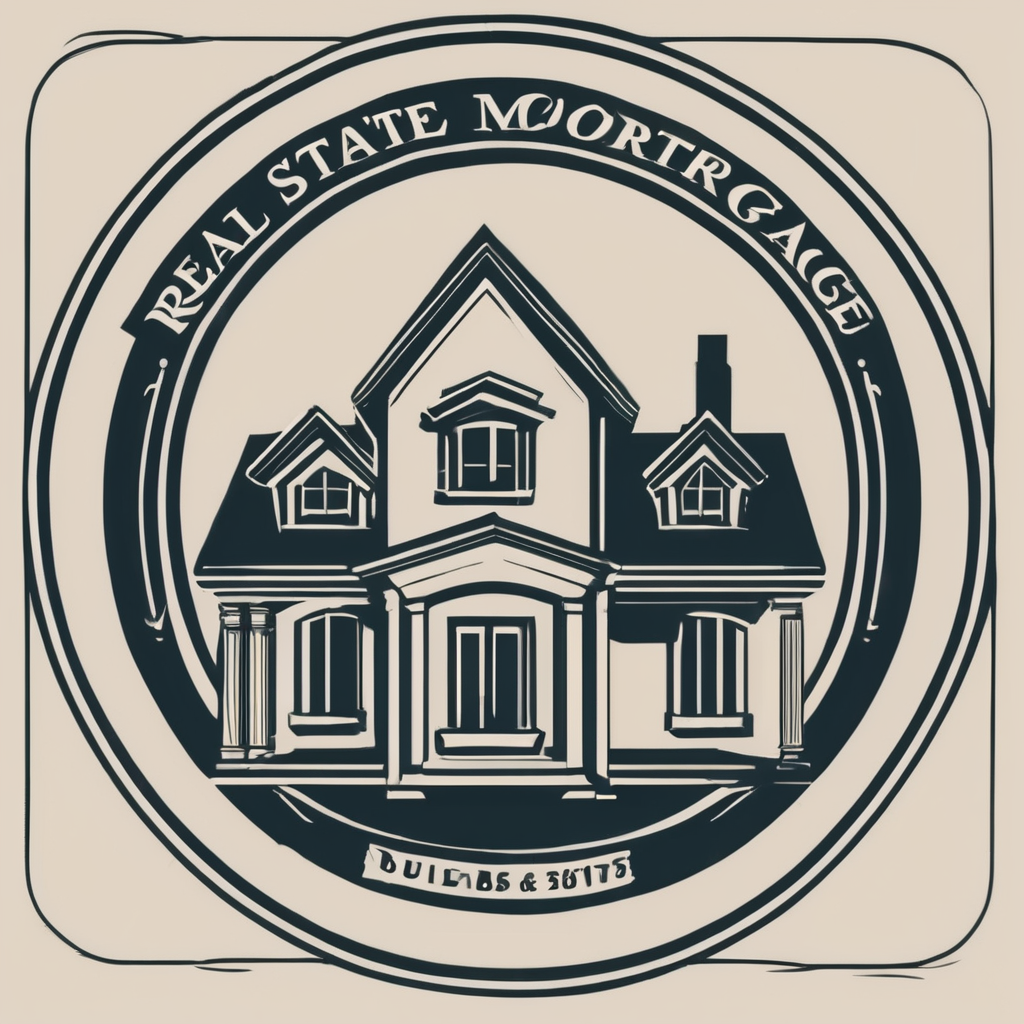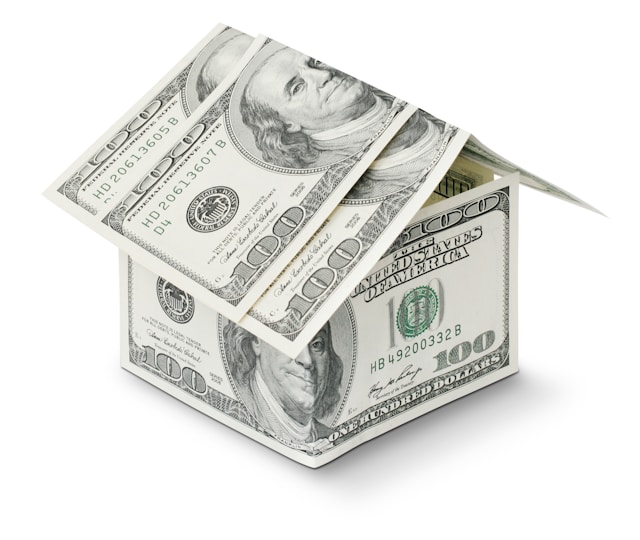In the UK, properties are often sold under a leasehold arrangement, which means the property is owned for a set period, typically ranging from several decades to a century. As these leases shorten, leaseholders face the challenge of extending the lease to maintain the property’s value and avoid onerous ground rents. The decision to extend a lease involves several financial considerations that can significantly impact a leaseholder’s finances. This article will explore the financial implications of extending a lease on a UK leasehold property, offering valuable insights for anyone navigating this complex terrain.
Understanding Leasehold Extensions
Extending a lease is a crucial decision that comes with various financial ramifications. Leasehold extensions are governed by the Leasehold Reform, Housing and Urban Development Act 1993, which gives leaseholders the right to extend their lease by 90 years, provided they’ve owned the property for at least two years. This statutory process ensures that leaseholders can secure more favorable terms, but it also involves several financial elements that must be understood.
Dans le meme genre : How to navigate the UK’s complex planning regulations for building extensions?
Firstly, the cost of extending a lease, known as the premium, is a significant consideration. This premium is calculated based on several factors, including the remaining years on the current lease, the property’s value, and the ground rent. As the lease term shortens, the premium increases, making it more expensive to extend the lease.
Secondly, valuation fees are another cost to account for. To determine the premium, a professional valuation is required. The leaseholder will need to hire a chartered surveyor to conduct the valuation, which can cost several hundred pounds. Additionally, there may be legal fees for both the leaseholder and the freeholder, which can further add to the expense.
Lire également : How to assess the potential for rental income in emerging UK property markets?
Lastly, there is the potential impact on mortgage arrangements. Many lenders are unwilling to finance properties with shorter leases, usually under 70 years. Therefore, extending the lease can make the property more attractive to lenders, potentially ensuring better mortgage terms and improving the property’s overall marketability.
The Premium and Valuation Fees
One of the most significant financial implications of extending a lease is the premium, which is the sum paid to the freeholder for the lease extension. This premium is influenced by several factors, and understanding these can help you anticipate the possible costs.
The remaining term of the lease is a crucial determinant. Properties with leases under 80 years are subject to "marriage value," a concept in leasehold law that increases the premium cost. The marriage value represents the increase in the property’s market value once the lease is extended. It becomes payable when the lease has less than 80 years to run, making it financially beneficial to extend before this point.
The property value and current ground rent also play a role in calculating the premium. Higher property values and ground rents typically result in a higher premium. To provide an accurate premium estimate, a professional valuation is required. A chartered surveyor will assess the property and calculate the premium, along with any other associated costs. This valuation process incurs fees, which can range from a few hundred to over a thousand pounds, depending on the complexity and location of the property.
Moreover, there are legal fees to consider. Both the leaseholder and the freeholder will incur legal costs during the lease extension process. The leaseholder is usually responsible for their own legal fees and may also be required to cover the freeholder’s legal expenses. These fees can add up quickly, so budgeting for them is essential.
Impact on Property Value and Marketability
Extending a lease has a considerable impact on the property’s value and marketability. A longer lease is generally more attractive to potential buyers and lenders, which can make it easier to sell the property and secure better mortgage terms.
For properties with shorter leases, the market value can be significantly reduced. Buyers are often deterred by the prospect of paying a large premium to extend the lease, and lenders may be reluctant to offer favorable mortgage terms. Extending the lease can remove these barriers, making the property more appealing and potentially increasing its market value. In some cases, the increase in property value after a lease extension can offset the premium paid, making it a financially sound investment.
Additionally, extending a lease to over 80 years eliminates the marriage value issue, which can further enhance the property’s desirability. Buyers are more likely to be interested in a property with a long lease, knowing they won’t have to deal with the complexities and costs of extending it in the near future.
Furthermore, properties with longer leases often command higher rental values, providing an additional financial benefit for leaseholders who rent out their properties. The assurance of a long lease can attract higher-quality tenants and provide a stable rental income stream.
Mortgage Considerations
When it comes to financing, the length of the lease can have significant implications for mortgage arrangements. Many lenders have strict criteria regarding the minimum lease term they are willing to finance. Properties with leases under 70 years often struggle to secure favorable mortgage terms, and in some cases, lenders may refuse to offer a mortgage altogether.
Extending the lease can open up more mortgage options and potentially secure better interest rates. Lenders are generally more comfortable financing properties with longer leases, as they represent a lower risk. This can make the property more attractive to potential buyers, who will have an easier time securing a mortgage, thereby enhancing the property’s marketability.
For leaseholders looking to remortgage, extending the lease can also provide access to more competitive mortgage deals. By increasing the lease term, leaseholders may be able to take advantage of lower interest rates, reducing their monthly mortgage payments and overall financial burden.
It’s important to note that the process of extending a lease and securing a mortgage can be complex and time-consuming. Leaseholders should seek professional advice from a mortgage broker and a solicitor experienced in leasehold extensions to ensure they navigate this process effectively.
The Legal and Procedural Aspects
Navigating the lease extension process involves several legal and procedural steps that can carry financial implications. Understanding these steps can help you prepare for the potential costs and avoid any unexpected expenses.
The first step in extending a lease is serving a Section 42 Notice to the freeholder. This formal notice outlines the leaseholder’s intention to extend the lease and includes the proposed premium and terms. The freeholder has two months to respond with a Section 45 Counter-Notice, either accepting the terms or proposing alternative ones. This back-and-forth negotiation can incur legal fees, as solicitors are typically involved in drafting and reviewing these notices.
Once an agreement is reached, a formal lease extension document, known as a Deed of Variation, must be drafted and signed by both parties. This legal document outlines the new lease terms and is registered with the Land Registry. The costs associated with drafting this document and Land Registry fees should be considered in your budget.
In some cases, if the leaseholder and freeholder cannot agree on the premium or terms, the matter may need to be referred to the First-tier Tribunal (Property Chamber) for resolution. This legal process can be time-consuming and expensive, as both parties will incur additional legal fees and potentially valuation fees for expert witnesses. However, it provides a formal mechanism to resolve disputes and ensure a fair outcome.
Leaseholders should also be aware of the statutory time limits involved in the lease extension process. Missing these deadlines can result in delays and additional costs, so it is essential to stay organized and keep track of all important dates.
Extending a lease on a UK leasehold property involves several financial implications that must be carefully considered. From the initial premium and valuation fees to the potential impact on property value, marketability, and mortgage arrangements, each aspect can significantly affect a leaseholder’s finances. Navigating the legal and procedural steps of lease extension requires attention to detail and the assistance of professionals, including solicitors and chartered surveyors.
In summary, extending a lease can be a worthwhile investment, enhancing the property’s value and appeal, providing access to better mortgage terms, and ensuring a stable rental income for those leasing their property. By understanding the financial implications and seeking expert advice, leaseholders can make informed decisions that benefit their long-term financial well-being.
The challenge of extending a lease is not simply a matter of cost, but of strategic planning and professional guidance. For those considering this complex process, the financial implications are significant, but with the right approach, they can also be managed effectively, providing substantial benefits in the long run.











